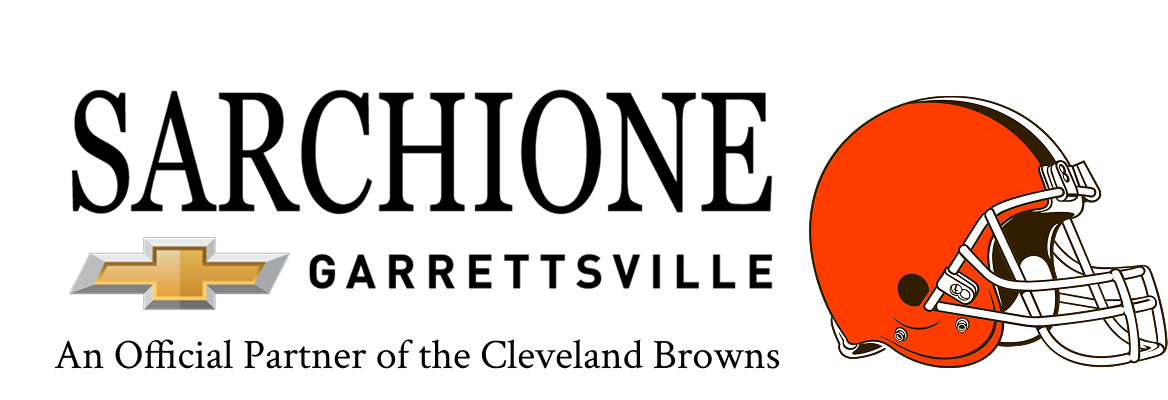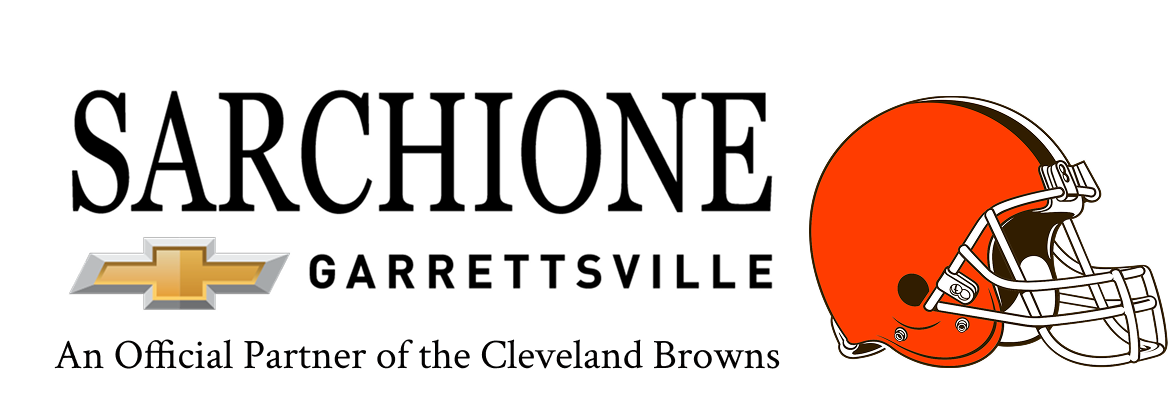A failing Chevy oil pump can cause severe engine damage if left unchecked. Oil flow keeps engine parts lubricated and prevents internal heat buildup.
At Sarchione Chevrolet of Garrettsville, we help our customers recognize the early signs of trouble so they can avoid costly repairs. When you're shopping for new Chevrolet models or maintaining your current one, understanding what to watch for helps you protect your vehicle long term.
Signs Of A Failing Chevy Oil Pump
The oil pump plays a key role in moving motor oil through the engine. It builds pressure that keeps lubrication steady across all internal components. When the pump starts to fail, the engine can’t maintain the oil pressure it needs for reliable performance. One of the first signs you may notice is a warning light. If the oil pressure warning appears on your dashboard, you should not ignore it. Continued driving could increase internal wear and shorten engine life.
Another sign is engine noise. When oil pressure drops, metal components lose their protective coating. Losing this layer can lead to lifter noise or even knocking sounds from the crankshaft or camshaft. These sounds mean that the internal surfaces are starting to wear from direct contact. You may also feel increased vibration through the steering wheel or pedals.
Overheating is another warning. Oil helps manage engine temperature by reducing friction. If the oil pump fails, the engine may run hotter than usual. You might see the temperature gauge rise even under normal driving conditions. Sluggish performance or hesitation when accelerating can also show up as pressure drops.
Oil Pressure Testing And Inspection
Diagnosing a failing Chevy oil pump starts with checking oil levels and using a pressure gauge. Technicians use a manual gauge to confirm whether the readings match factory specs. If the numbers fall short, we move on to inspect the pickup screen for blockages and check for wear in the pump gears or relief valve.
We also inspect the engine for oil sludge or contamination. Dirty oil can thicken and restrict flow through the pump. That puts extra strain on the system and speeds up pump wear. In some cases, oil passages in the block or cylinder heads can clog over time. That leads to similar symptoms even if the pump itself still works.
Engine computers also store error codes when the oil pressure sensor detects irregular readings. Our diagnostic tools help us pull those codes and match them with real-world symptoms. Once we confirm the issue, we replace the oil pump with a factory-certified part.
Why Timing Matters
Waiting too long can lead to permanent damage. Rod bearings, valve lifters, and camshaft lobes need steady oil pressure to operate without friction. If pressure drops for even a short time, those parts can score or warp. That turns a basic repair into a major engine job. Replacing a pump early costs much less than rebuilding the engine.
You should also avoid guessing or trying to fix the issue on your own. The oil pump sits deep inside the engine, usually behind the timing cover or oil pan. Proper installation requires factory tools and knowledge of engine specs. A mistake during reassembly can lead to leaks, misalignment, or worse.
Contact Us For Service
If you notice unusual engine noise, low pressure readings, or rising temperatures, we recommend scheduling a checkup. We’ll inspect your system and let you know what’s going on under the hood. Use our online tool to schedule a service appointment. At Sarchione Chevrolet of Garrettsville, we take care of oil pump issues before they turn into engine failures.


